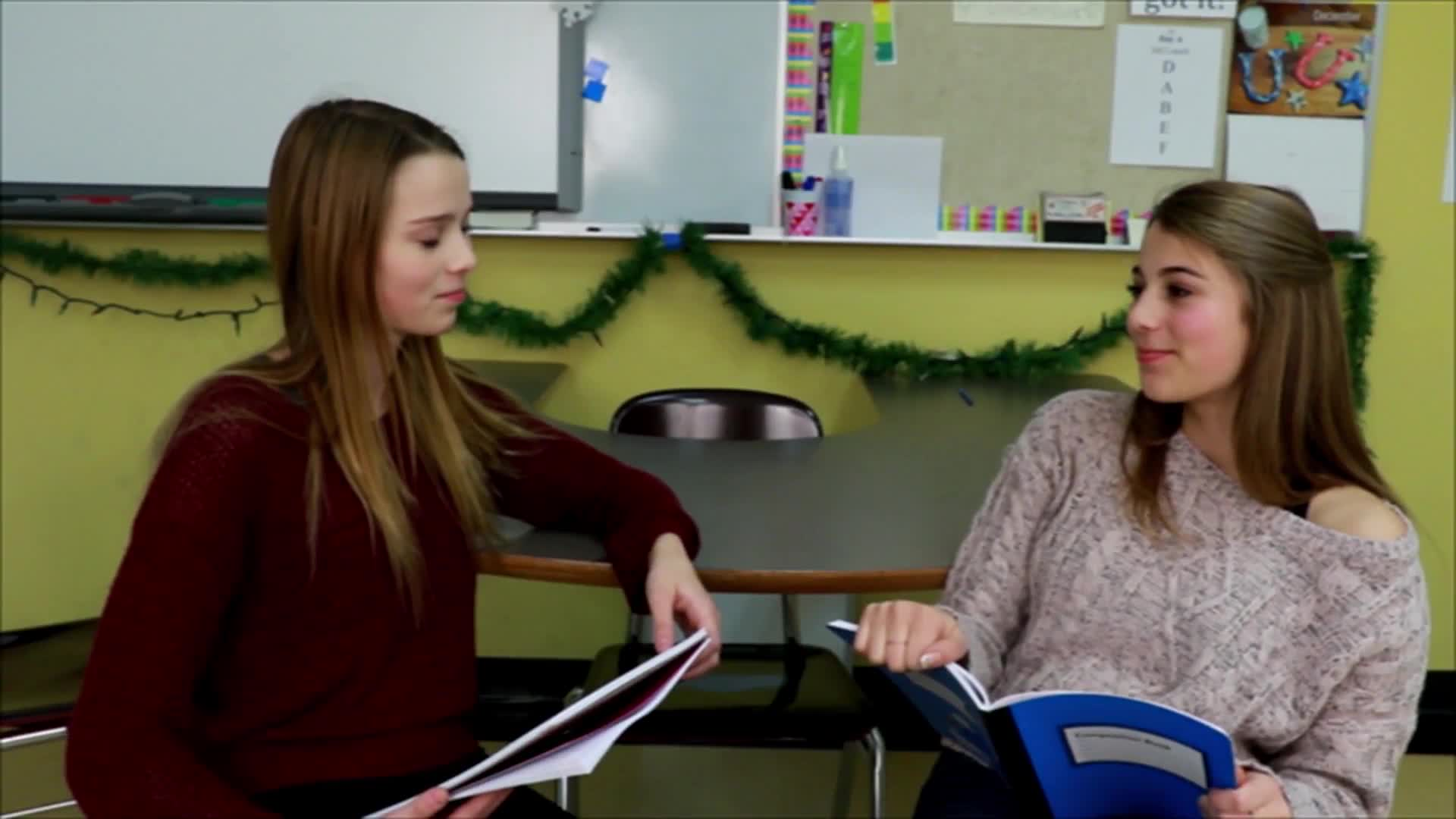
Introduction
As educators, we strive to teach our students the importance of effective communication and social-emotional skills. One key aspect of successful communication is the ability to recognize when a conversation has gone off track and knowing how to get it back on course. This blog post presents an engaging, no-prep activity called “Repair the Conversation” that helps high school students develop this critical skill. By participating in this activity, students will learn to identify conversation derailments, understand their causes, and practice strategies to get the conversation back on track.
No-Prep Activity: Repair the Conversation
This activity is designed to be simple and requires no preparation or materials from the educator. Follow these steps to conduct the activity in your classroom:
- Divide students into pairs or small groups.
- Present a conversation scenario, such as the example provided in the prompt. You can create your own scenarios or use real-life situations that may have occurred in the classroom or during school events.
- Ask students to identify the moment when the conversation went off track and discuss the signs that indicated the derailment.
- Encourage students to analyze the cause of the confusion and brainstorm ways to get the conversation back on track.
- Give students the opportunity to practice their solutions by role-playing the conversation and incorporating their chosen strategies.
- After each scenario, discuss the outcomes as a class and allow students to share their experiences and insights.
Discussion Questions
Use these discussion questions to further explore the topic and stimulate deeper conversations among your students:
- Why is it important to recognize when a conversation has gone off track?
- What are some common reasons for misunderstandings or miscommunications in conversations?
- How can we improve our listening skills to prevent conversations from going off track?
- What strategies can be used to address the confusion and get the conversation back on track?
- How can we apply these skills to improve our communication in various contexts, such as school, work, or personal relationships?
Related Skills
Beyond repairing conversations, there are several other social-emotional skills that can support students in their communication and relationships. These include:
- Active listening
- Empathy and understanding
- Assertiveness and expressing one’s feelings
- Conflict resolution
- Collaboration and teamwork
By developing these related skills, students will be better equipped to navigate the complexities of social interactions and foster positive relationships with their peers.
Next Steps
If you found this activity helpful and would like to explore more resources for teaching social-emotional skills in your classroom, we encourage you to sign up for free samples of our materials at Everyday Speech. Our sample materials cover a wide range of topics, including communication, self-awareness, and relationship-building, to support your students’ social-emotional growth.

